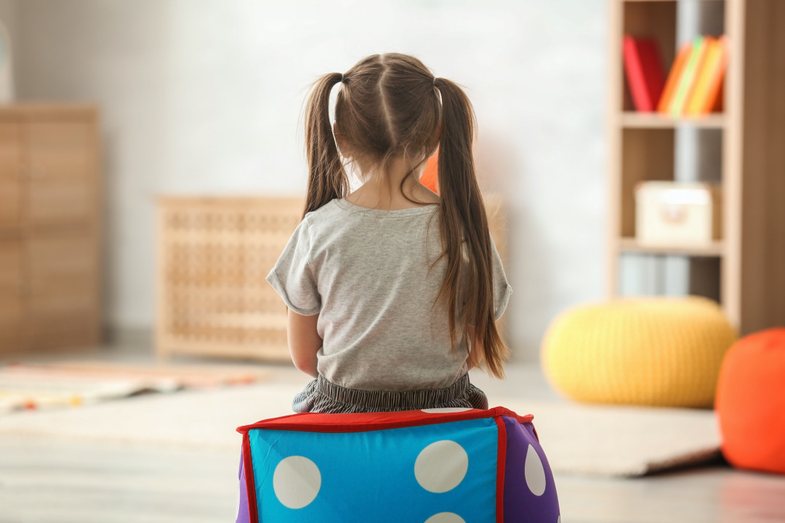
A new study on children aims to give an overview of the mental health of children during the pandemic. The study was conducted in Germany and the figures certainly vary from one region to another, however it can never be overlooked how long it can serve to understand the problems of children in this situation.
The study by the Hamburg-Eppendorf University Medical Center (via the Associated Press) suggests that stress and deprivation of the coronavirus pandemic are impairing their mental health, especially for children living in disadvantaged families.
Children and adolescents from poorer families and those with migratory roots are disproportionately affected, according to the study.
"Children who lived in good conditions before the pandemic and feel sheltered and comfortable within their families will go through this pandemic," said Ulrike Ravens-Sieberer, study leader and director of the University Psychiatric Children's Clinic.
"However, we need better concepts to support and strengthen especially the mental and emotional health of children from families at risk," she added.
Especially during blockages, "schools need to maintain regular contact with students and express appreciation and attention," said Ravens-Sieberer. "Otherwise there is a risk that children from at-risk families will lose motivation and patience to study."
The researchers interviewed more than 1,000 children between the ages of 7 and 17 and more than 1,500 parents online from mid-December to mid-January. Overall, four in five children reported feeling burdened by the pandemic.
They said that in their families there are quarrels and more is discussed, they have more problems at school and relations with friends are deteriorating.
"Parents seem to have adapted to the challenges of home schooling and work and are trying to cope as best they can," Ravens-Sieberer said. "But their patience is running out."





